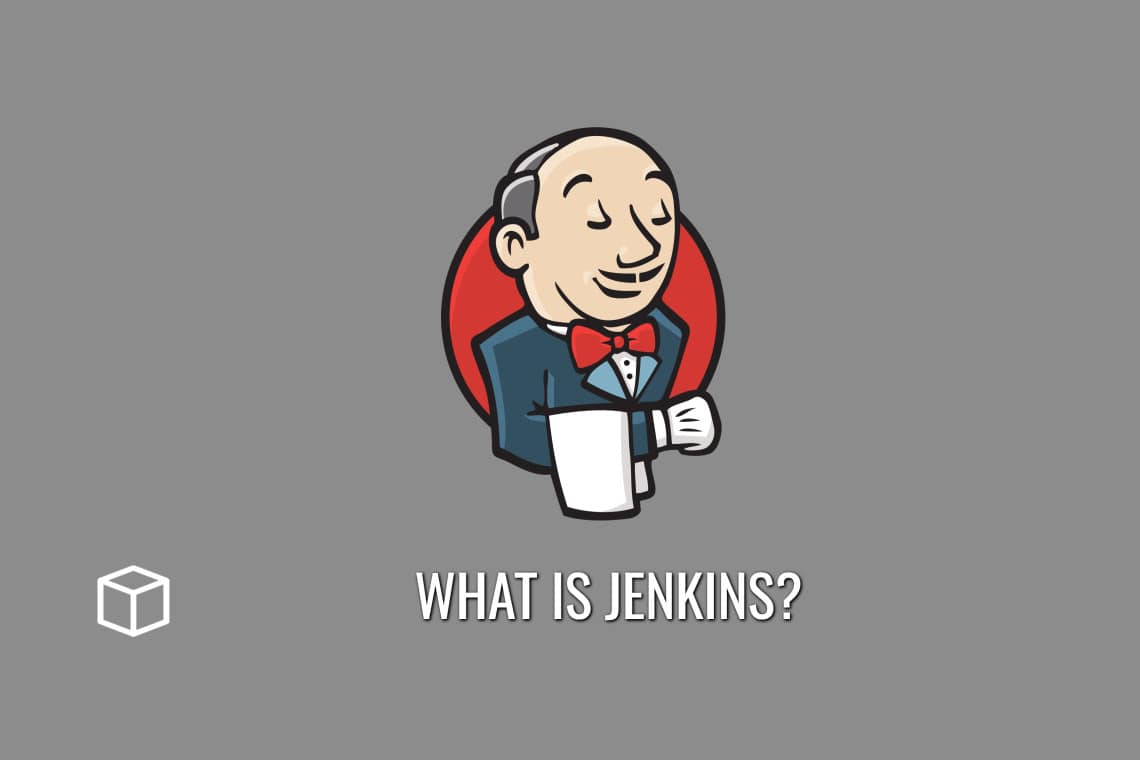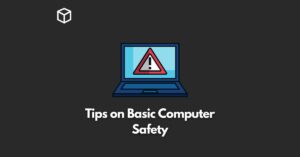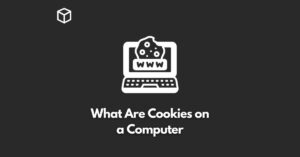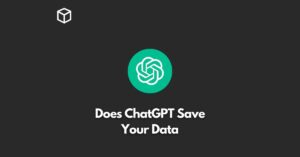Jenkins is a Java-based open source automation platform with plugins designed for Continuous Integration.
Jenkins is used to continually create and test your software projects, making it easier for developers to integrate changes to the project and for users to get a new build.
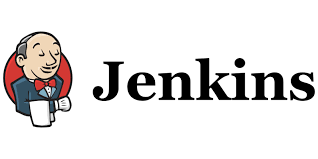
What is Jenkins and how to use it?
What language does Jenkins use?
Jenkins is a pipeline and continuous integration technology. Python, Ruby, Java, Android, and C/C++ are all supported. Jenkins can automate your procedures if you know shell programming.
Is Jenkins licensed?
Jenkins is an open source automation server that is free to use. Jenkins was created by Kohsuke Kawaguchi. Jenkins is open-source software released under the MIT License.
How do I run Jenkins locally?
To get the Jenkins WAR file and execute it, follow these steps:
- Download the latest stable Jenkins WAR file to an appropriate directory on your machine.
- Go to the download directory in a terminal/command prompt window.
- Type java -jar jenkins.war into the command prompt.
- Follow the steps in the Post-Installation Setup Wizard.
What is Jenkins used for in Android?
Jenkins allows you to develop and test Android applications automatically. To use Jenkins to generate a build job, you must first have a functional build setup.
The Android tooling provides a valid Gradle build file that can be utilized in Jenkins automatically.
What is SonarQube used for?
SonarQube (previously Sonar) is an open-source platform built by SonarSource for continuous code quality inspection and static code analysis to find defects, code smells, and security vulnerabilities in code written in more than 20 programming languages.
What are CICD tools?
What is CICD (Continuous Integration and Deployment Concepts)? CICD-related tools and principles aid developers in delivering value more quickly and openly.
You’ve probably heard of the terms Continuous Integration, Continuous Delivery, and CICD. It’s a notion with a lot of different names, but it all boils down to the same core concepts.
Can Jenkins be used for deployment?
Jenkins is an open-source continuous integration server that may be extended. Jenkins may be used to build and test your code before triggering deployments in Octopus Deploy. Octopus Deploy provides deployment automation as simple as Jenkins makes build automation.
What is CI and CD?
CI/CD is a means of delivering apps to clients more often by incorporating automation into the app development process. CI/CD, in particular, adds continuous automation and monitoring across the app lifecycle, from integration and testing through delivery and deployment.
What is the difference between Jenkins and Github?
Jenkins is a server for Continuous Integration (CI). Between the build server and the code repository, it acts as a mediator (inspector).
Github is mostly used for coding, and it allows you to save and share the repository for your project. Your code will be committed and pushed to the repositories whenever you make a modification.
How do I manually start Jenkins?
Go to the Jenkins installation, open the cmd and run:
- To stop: jenkins.exe stop.
- To start: jenkins.exe start.
- To restart: jenkins.exe restart.
What is Maven Selenium?
It is a project management software program that introduces a new notion of project object model (POM).
The developer may use Maven to automate the process of creating the basic folder structure, compiling and testing the code, and packaging and deploying the final result.
Why should I use Jenkins?
Jenkins makes it easy to maintain your code and ensures that fewer errors make it into production. Your group becomes more cohesive. Builds takes less time.
Your company will be able to ship more quickly and respond to changing client demands.
What is CI CD in DevOps?
The Continuous Integration/Continuous Deployment software, often known as the CI CD Pipeline, is the backbone of the current DevOps system.
By automating the build, test, and deployment of applications, CI/CD bridges the gap between development and operations teams.
Is Jenkins a CI or CD?
Jenkins is a Java-based open source automation server. It allows developers to set up a CI/CD environment by allowing them to build and test software projects on a continuous basis. Version control technologies such as Subversion, Git, Mercurial, and Maven are also supported.
How long will it take to learn Jenkins?
A skilled developer is one who is well-versed in programming, therefore learning a new language well enough to navigate it takes a day or two.
It might take years to become an expert. Jenkins is an automation pipeline that can handle scripts in a variety of languages, and it’s not difficult to use.
What is CI CD in Jenkins?
Jenkins is an open source automation server that uses pipelines to set up a continuous integration and delivery (CI/CD) environment for nearly any combination of coding languages and source code repositories.
It may also be used to automate processes related to software development, testing, deployment, and delivery.
How is Jenkins implemented?
- Set up Jenkins.
- For the first setting, connect to Jenkins. Open a browser and connect to it after installation.
- User management Jenkins.
- Assign users to roles.
- Create a Jenkins user’s ssh key.
- Configure the Jenkins build server’s default port.
Is Jenkins easy to learn?
Jenkins is an automation and continuous integration tool. It’s a Java program that’s simple to understand. This course will take you from the very beginning to the very finish, and you will be able to utilize Jenkins at all levels at the conclusion.
